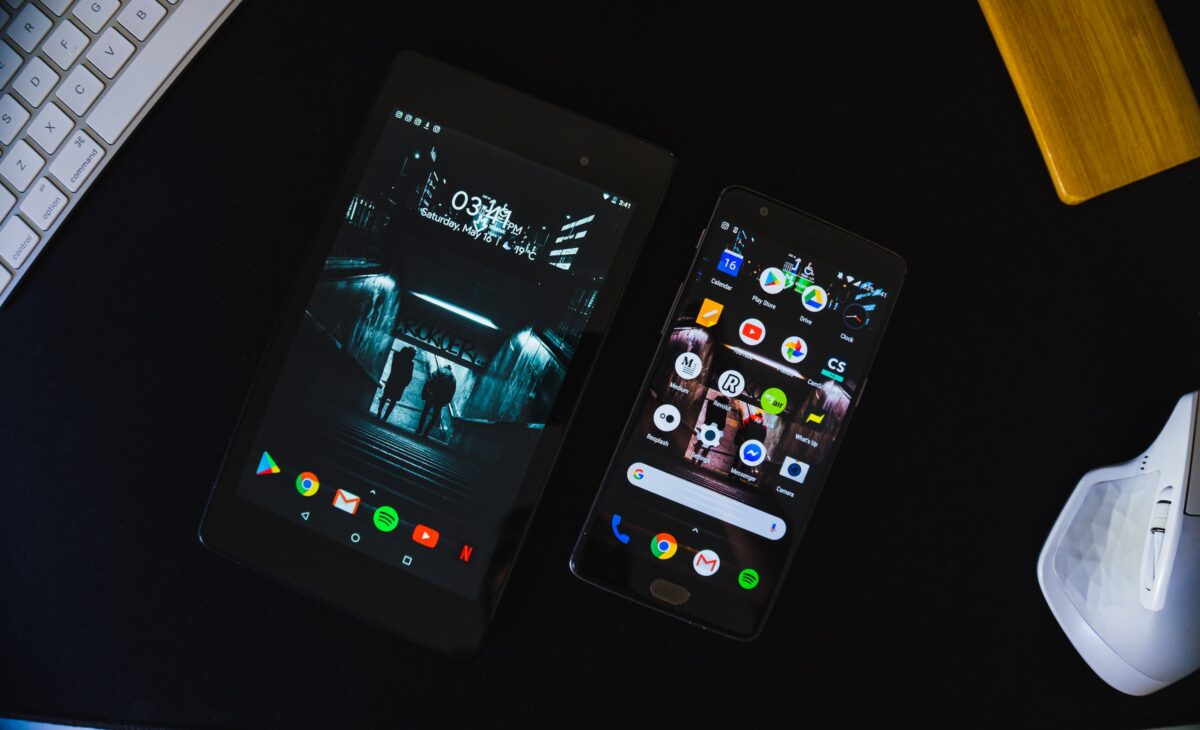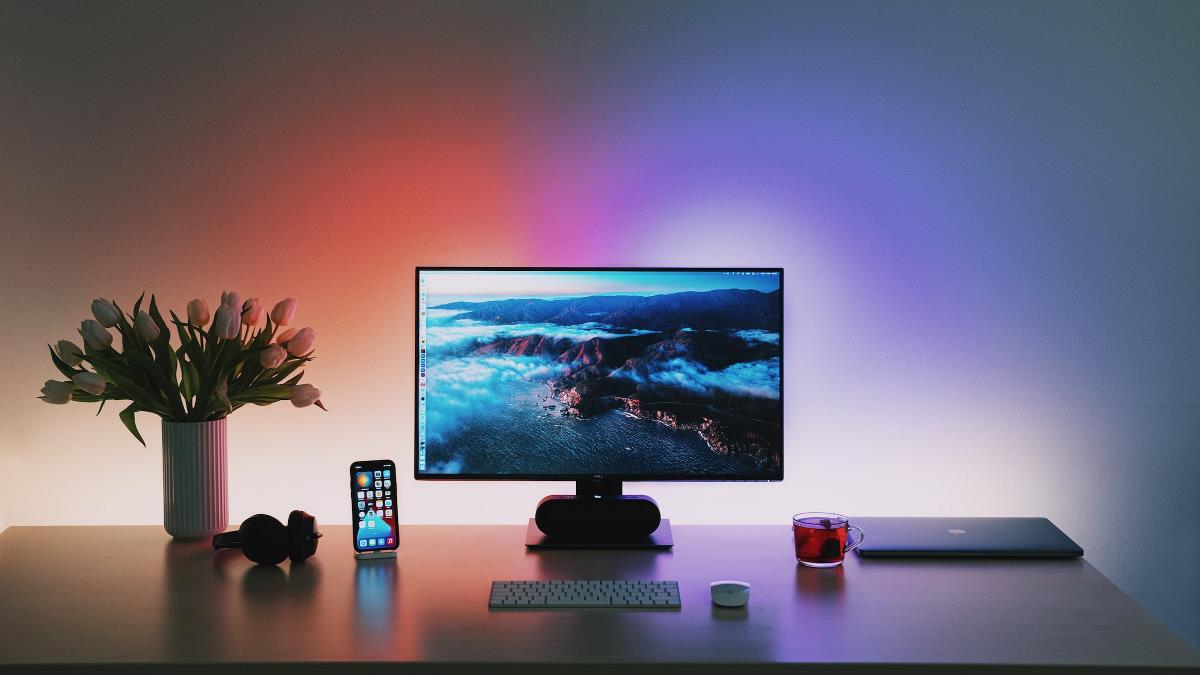Google Chromebook, Are You Consider Buying One?
So the Chromebook has finally been announced, and first models will ship on June 15 in select countries (US and several European countries). Both Acer and Samsung have revealed some of the specs of the netbooks running Google's Chrome OS. Both Chromebooks will be powered by a dual-core Intel Atom cpu and a 1280x800 display. Both have built-in WiFi and optionally 3G for connectivity. The Samsung device is estimated to run for 8.5 hours without power connection, Acer's device for 6 hours.
Some specs have not been revealed yet. We do not know the MHz of the cpu, the size of the internal hard drive or the RAM. Acer's Chromebook starts at $349, Samsung's at $429, which is pricey if you compare it to other netbook offers.
But hardware or appearance is not the thing that sets the netbook aside from other offerings. It is that it ships with Chrome OS, Google's attempt to get a foothold in the operating system market.
Instead of writing a long article about Chrome OS' advantages and disadvantages, I though it would be nice to post a top 5 list instead. The top 5 things that get me excited, and the top 5 things that disappoint.
Top 5
- Security - Google has designed Chrome OS with security in mind, just like they did when they designed the Chrome browser. Applications run sandboxed which means that malware can only affect what's inside the sandbox, and not something that's outside of it. While it may affect the browser, it cannot affect the underlying operating system. That is, unless the sandbox gets penetrated. The user home directory furthermore is encrypted by default which means that temporary Internet files, cookies and other user related data are not accessibly by anyone else. [reference].Chromebook users furthermore get options to restore a previous "working" version of the operating system, and automatic integrity checks during boot time to verify that files have not been manipulated.
- Guest Mode - If you are a Chrome OS user, you can access all your personal data and files on any device running Chrome OS as long as the device has an active Internet connection.
- Cloud Storage - This has some advantages, like accessibility of your personal data on all devices running Chrome Os.
- Fast Boot - It takes less than ten seconds from booting Chrome OS to having it fully operational.
- Ease of Use - If you know how to operate a web browser, you know how to operate Chrome OS.
Flop 5
- Cloud Storage - With all the news regarding Cloud storage break-ins, security issues and data loss, it may not sound like a good idea to rely primarily on the cloud.
- Compatibility - With Chrome OS, you cannot run your Windows applications directly. Google's solution is virtualization so that you can run those applications. It is however not clear how this is handled at this point in time, and how users can get their applications to run on the Chromebook.
- Google Account link - Your Chrome Os account is linked to a Google account. Google may collect even more information about you this way, even if you use a fake Google account just for the Chromebook.
- Less choice: Would you buy an operating system where you had to use the default browser? Yes, you may be able to run Firefox or Opera in a virtual machine but that again does not sound overly comfortable, considering that this will have an impact on performance.
- Decent Internet connection - You will need a decent Internet connection to get most out of the device. You get offline access to some of your files and documents, but for the majority of things, you will need a decent Internet connection.
I for one will not buy a Chromebook at this point in time. I'd like to play around with one though, to experience it first hand. What's your take on this?
Advertisement





















I love the idea o Chromebooks. I’m tired of playing the IT game with my techno-ignorant family. They all need computers that do not require maintenance, anti-virus updates, and all that nonsense. There are plenty of people who don’t need anymore than what the Chromebook offers.
I have a normal ASUS netbook with lubuntu 11.04 installed. I have all the Tops mentioned in the readily article available or easily configurable and I can fully use my netbook without worrying about the Flops. So not a modicum of desire for Chromebook.
Hell yeah man! K/X/L/Ubuntu is awesome!! How’s 11.10 treating you? I hope you like it as much as I do! I’m glad to see somebody using Linux here; there are not too many people who know about Ubuntu Linux.
The chromebook sounds great, perhaps I am a bit biased since I love the Google Chrome OS but if it has a decent storage capacity for files and other documents I would consider it a serious contender in the ever growing small-reasonably-priced laptop computer market.
Hi,
I try Chromium OS in VirtualBox and I really don’t like it ! (It’s possible to test it here http://chromeos.hexxeh.net/index.php)
For me the interface is very restrictive, we can’t do and go where we want as on Linux OS. It’s good for mobile not for a real computer.
What they propose is a very small world entirely control by Google, so they can choose what we will use. And we always must be connected.
I don’t trust too the Online Storage and what they do with your data.
And we will see about security but i’m not convinced
So no Chromebook for me.
1. I don’t trust the cloud
2. I trust MS more than Google
3. Lack of choice, tied to Google
4. The need fo be online, it just isn’t possible in many places
5, The cost (they are having a laugh, aren’t they?)
So, that’s a No, then.
Amen and well said!
I second that.
No Chromebook for me for now. Most likely, there will be no Chromebook for me ever. Where is the exclusive content? How, exactly, is the experience better than running Chrome on my Windows 7 laptop? Don’t I get silent updates and access to Google Apps and other web properties from there?
Surely, if they are limiting the functionality then costs have to come down, right? Nope. Laptops with similar specs can be bought from the same manufacturers and run Windows 7 (which, I’ve already established runs Chrome and has access to the same content).
Meanwhile, I have 3 separate Windows 7 boxes that automatically received and installed updates with no intervention from me this week. In the enterprise, however, this is can be a very, very bad thing. Updates can and do break applications (or websites) that are critical for day to day operations. In these cases you need to be able to test updates, performed phased roll-outs, and be able to roll-back updates. Without this, Chromebooks will play nothing more than a niche roll in the enterprise.
So, it must be about security, right? Most attack vectors in Windows are not aimed at the OS itself. They are aimed at 3rd party software — Java and Adobe products being two of the worst. As those tighten up, the bad guys target the weakest link: people themselves. The infamous nigerian money scams have nothing to do with technical flaws. They prey on human weakness. While Chrome OS should be safer from a technical standpoint is not immune to phishing and social engineering. When your cloud based identity is limited to a single username and password, this could have even more drastic consequences.
While Google is gallavanting with self-driving cars and network computers, Microsoft is steadily gaining marketshare in search. Netscape was a highly successful company in their day. They also jumped on the network computer bandwagon while Microsoft continued to slowly and methodically kill their oxygen supply. It is eery how similar this is the late 90s.
It took 4 years for the network computer concept to die. Let’s check back in 4 years and see how Chromebooks are doing. It is possible that somewhere along the line that Google will realize that “free” isn’t always the best differentiator.
Your flops trump the tops. And they’re deal-breakers for me.
I would not mind playing around with Chrome OS if
it is going to be available as a download.
This might have some utility for
small enterprises to easily manage
a simple network but time will tell on that.
Nah, I don’t care about Chrome OS. I am still quite skeptical of “the cloud”, privacy-wise, security-wise, and I barely get good connections anyway. Plus, I just bought a “netbook” two months ago. Not in the market for a new portable device.
I won’t be getting one anytime soon either – I’m a bit too old-fashioned, I guess :)
Apart from the security, I have no interest in the “Pro” points you mention, and I am a lot more concerned about the “Cons”.
Regarding cloud storage in particular, I am very sceptical. I don’t know what the options for custom encryption are, but I don’t feel safe simply putting my private data “out there” – not even if it was encrypted with a Google-provided feature. I would want a 3rd party encryption, and this might make it cumbersome on a day-to-day basis.
But perhaps I am harboring a misconception here, born out of my own ignorance…